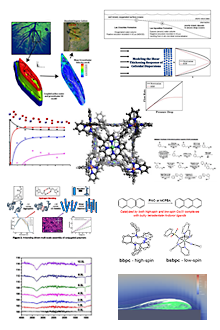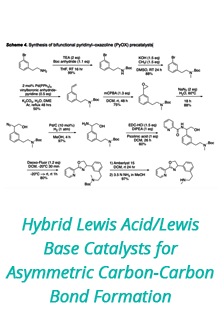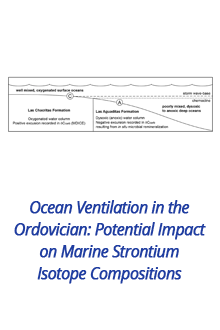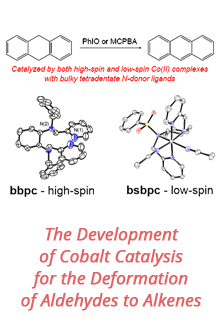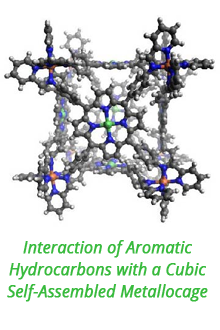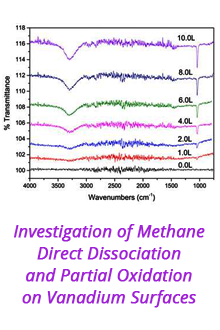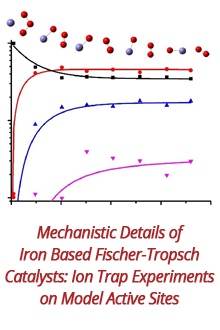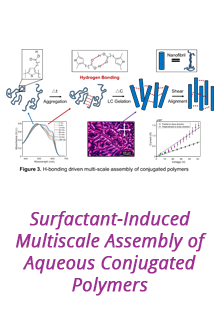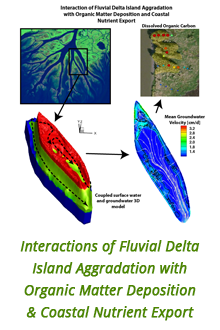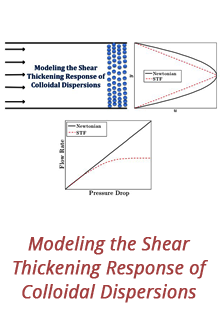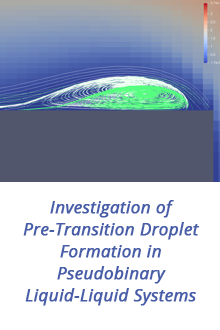Reports: DNI154896-DNI1: Catalytic Carbonylative Macrocyclization of Olefins and Cyclopropanes
Mingji Dai, Purdue University
During the supporting period of our ACS PRF NDI grant, we have made significant progress in the proposed projects and published seven papers in internationally renowned journals including two in Journal of the American Chemical Society, three in Organic Letters, one in Journal of Organic Chemistry, and one in Synlett. In the catalytic carbonylation of olefin project, we have developed a novel tandem palladium-catalyzed Heck carbonylative macrolactonization to synthesize fused-macrolides. In the carbonylation of cyclopropanol project, we have developed an unprecedented palladium-catalyzed cascade carbonylative spirolactonization of hydroxycyclopropanols to efficiently synthesize oxaspirolactones common to many complex natural products of important therapeutic value. This project also helped to establish collaboration with the Waymouth and Zare groups at Stanford University, which enabled mechanistic studies utilizing high-resolution electrospray ionization mass spectrometry (ESI-MS) to identify several key intermediates in the catalytic cycle, as well as those intermediates related to catalyst decomposition and competitive pathways. The mechanistic results provide important insights for guiding new reaction development. While conducting the research of the carbonylation reaction of cyclopropanols, we have discovered a series of Cu- and Mn-catalyzed macyclopropanol ring opening cross coupling reactions to introduce a variety of substituents such as trifluoromethyl, trifluoromethylthiol, amino, (fluoro)alkyl, heteroaryl, and oxindole at the beta-positions of carbonyls. These methods provide new avenues to access medicinally important molecules, which are often difficult to access with other synthetic methods.

